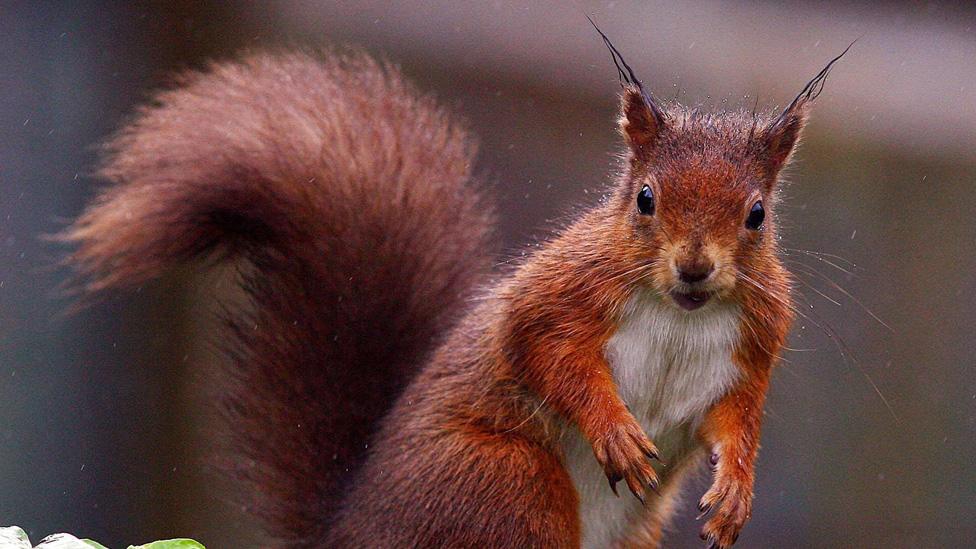Tree felling warning over rare red squirrel site
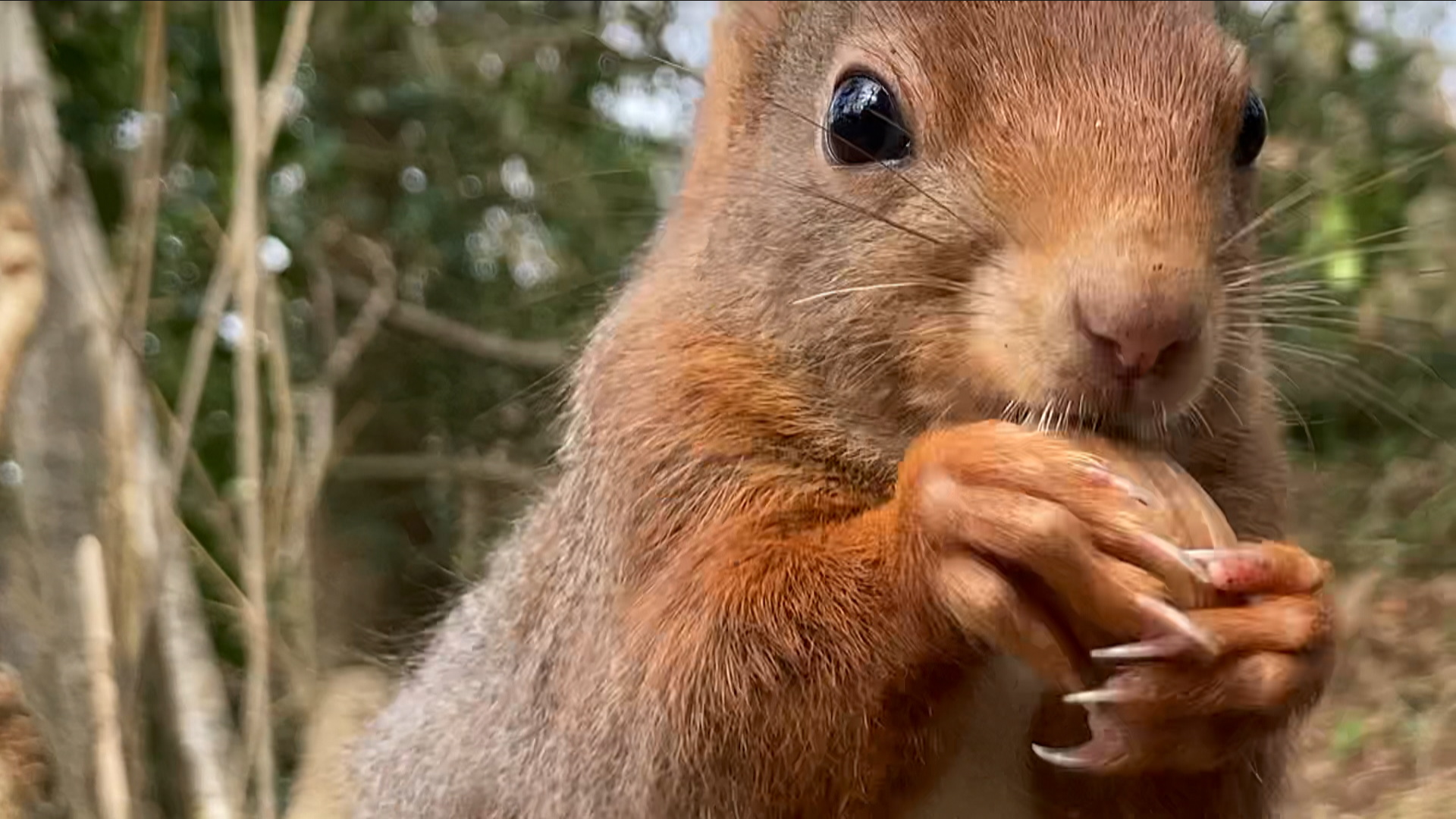
Red squirrels are only found at a handful of locations in Wales after being almost wiped out by a virus
At a glance
Conservationists fear tree felling could threaten red squirrels at one of the last sites where they are found in Gwynedd
There are plans to cut down about a quarter of the trees at Parc y Bwlch near Bangor
The Red Squirrel Trust Wales says more measures are needed to safeguard the animals
Natural Resources Wales says the work is important for public safety and to prevent tree disease
- Published
The body responsible for the environment has been accused of threatening one of the last remaining red squirrel sites in part of north Wales.
Natural Resources Wales (NRW) plans to cut down trees in what conservationists fear is one of the only places where native squirrels are now found in Gwynedd.
However, the agency has insisted the work is necessary for public safety reasons, and to prevent disease in larch trees.
The Red Squirrel Trust Wales has called for more conservation measures to be put in place at the location near Bangor.
The trust has lodged a petition with the Senedd flagging its concerns over proposals to fell trees at Parc y Bwlch.
The forestry is on a hillside called Moel y Ci, between Bangor and Bethesda.
The squirrel trust has captured confirmed sightings of the animals on camera, and said there should be monitoring put in place.
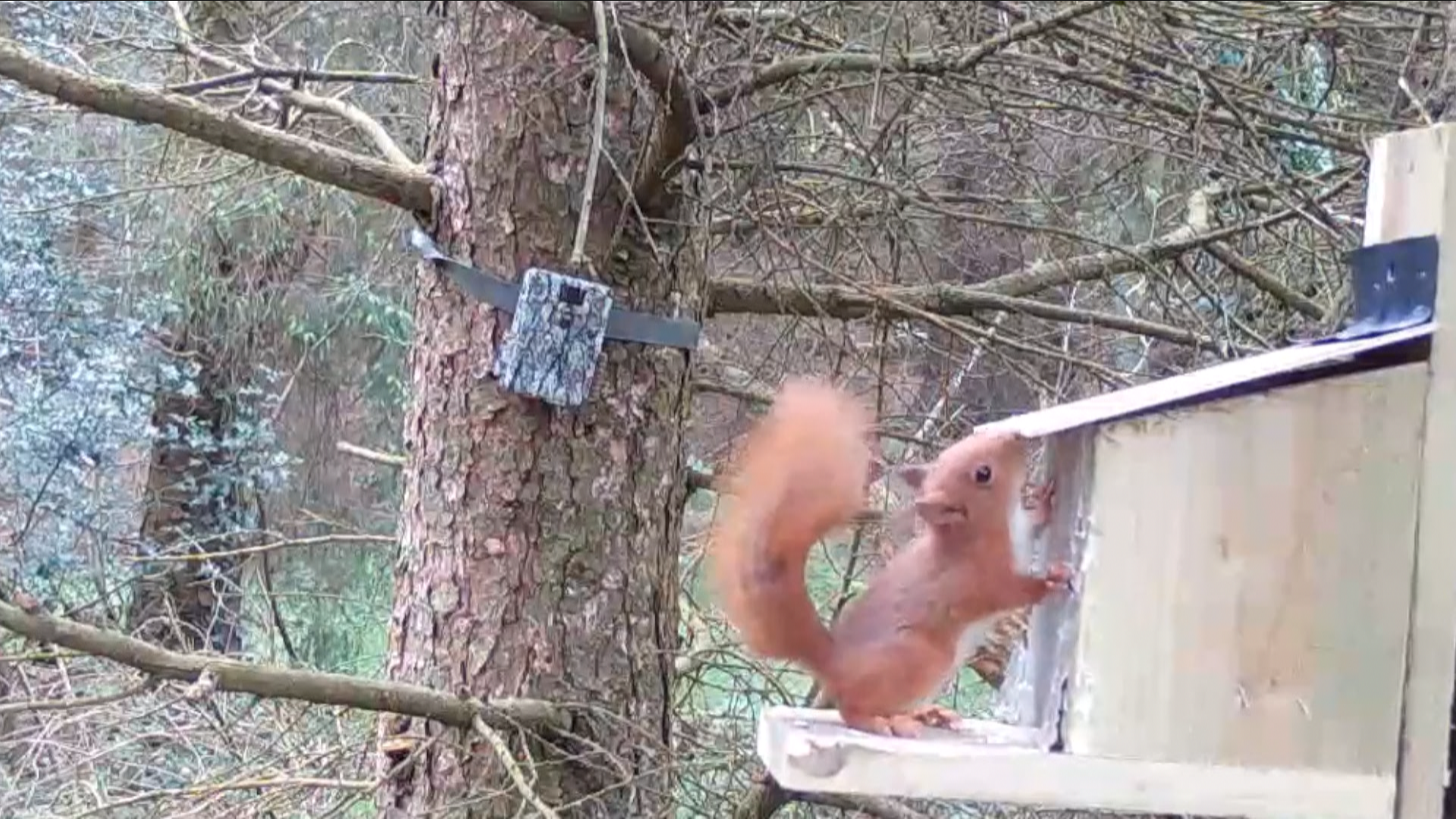
This red squirrel was caught on camera at Parc y Bwlch in May 2022
Red squirrel populations had started to slowly recover in Gwynedd, after moving from Anglesey, where a project to encourage them has been underway for more than two decades.
But according to the squirrel trust's leading expert, Dr Craig Shuttleworth, outbreaks of squirrel pox virus have devastated the numbers on the mainland.
The virus is spread by non-native grey squirrels, and while it is harmless to them, it is fatal for their red cousins.
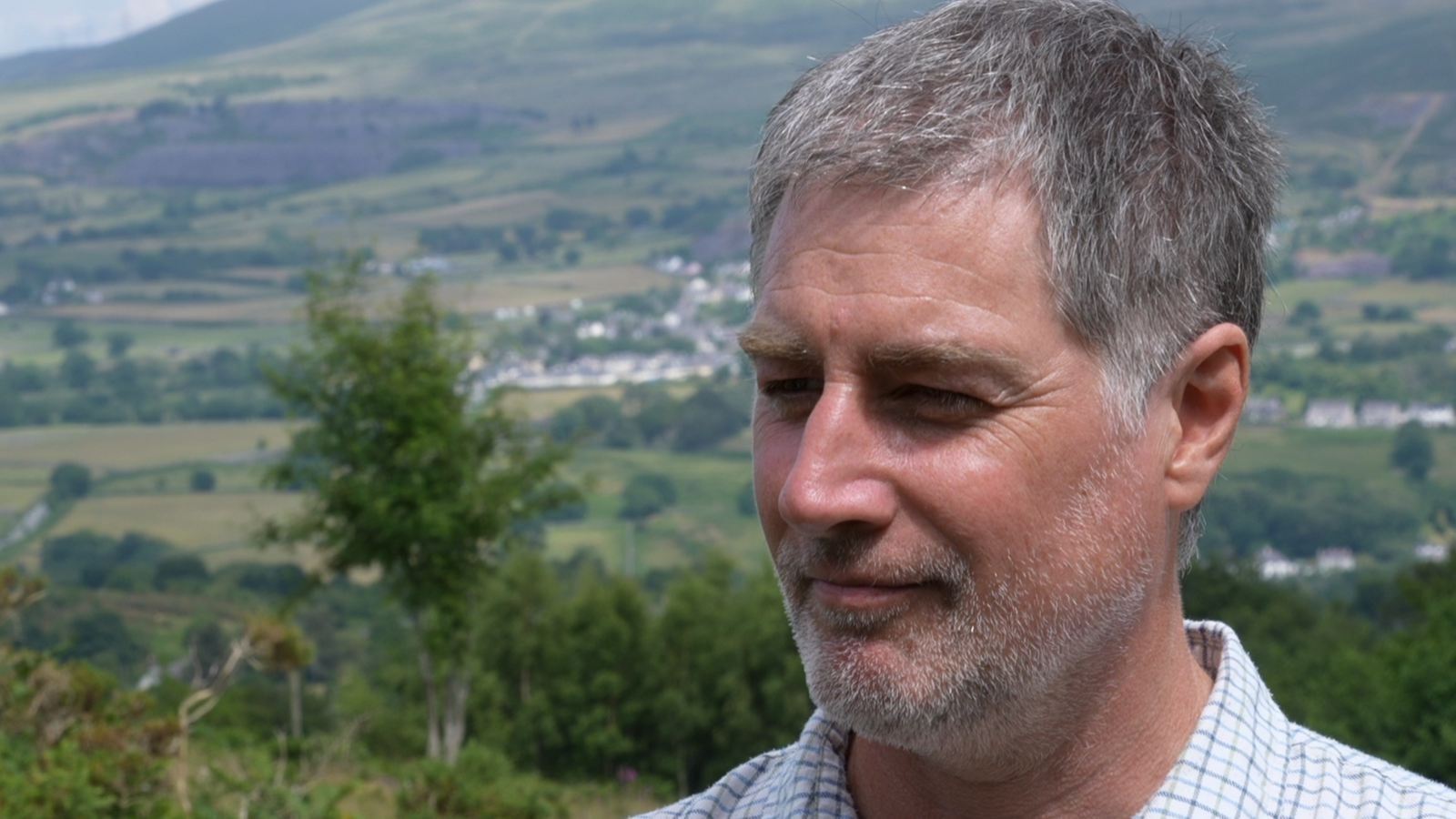
Dr Craig Shuttleworth wants action taken to ensure red squirrels can thrive in the area
"Two years ago it wiped out almost all the red squirrels. That's a huge loss for Gwynedd," said Dr Shuttleworth.
"All we've got left are these small populations of red squirrels and NRW are not monitoring.
"They kind of expect us to keep conserving red squirrels, whilst they keep felling without any conscience about what the impact would be on our project and on this really rare species."
Call for vaccine research to protect red squirrels. Video, 00:01:04
- Published3 April 2023
Could pine martens be red squirrels' best friend? Video, 00:01:27
- Published8 September 2020
DNA testing on red squirrels to track numbers. Video, 00:01:53
- Published20 October 2021
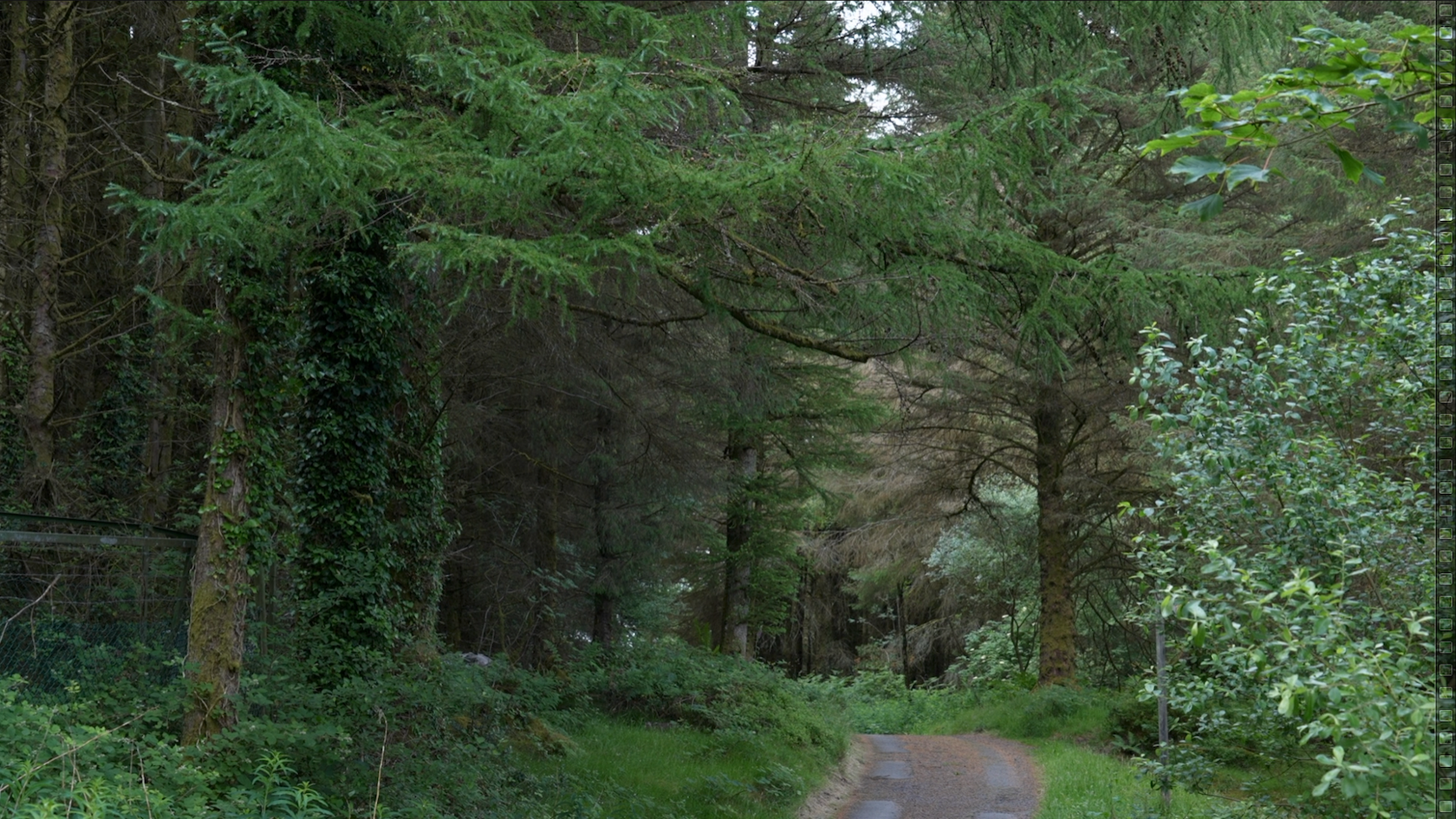
Work to fell trees at Parc y Bwlch is due to get underway in 2024
The proposals at Parc y Bwlch would see about a quarter of the trees felled, starting in 2024.
The squirrel trust said monitoring needs to be put in place for a better understanding about the population in the forestry, and more discussions are needed on how the squirrels there can be protected.
NRW officials have met the trust, but Dr Shuttleworth said he felt their advice was not being heard.
"I think the answer is to move forward with a precautionary approach," he said.
"Start listening to the red squirrel project, who have been working in north Wales for 25 years.
"We understand the situation with red squirrels better than anybody. Work in partnership - and be prepared to change your plans if someone can give you a compelling reason, an ecological reason, as to why your plans have to be modified."
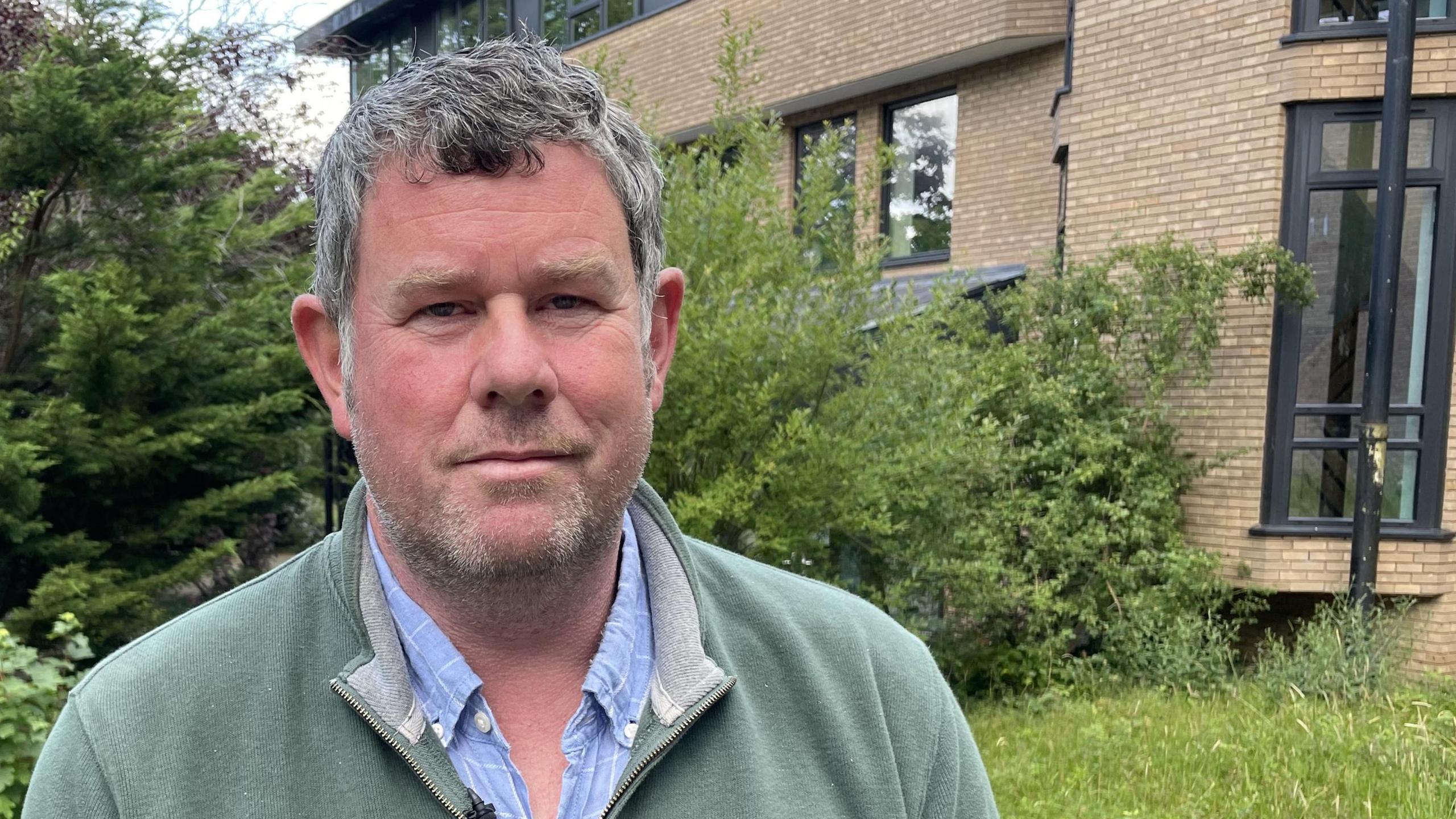
Dylan Williams from Natural Resources Wales says the tree felling work is important for the site
NRW said the work at Parc y Bwlch was agreed following a consultation two years ago.
"This work is quite important here, to build a resilient forest that's sustainable and is good for all types of wildlife we have there," said Dylan Williams, the land and assets manager for NRW in north west Wales.
"The forest itself in parts is very mature and the trees are starting to become unsafe.
"Also a good proportion of the forest here is made of larch, which is affected by larch dieback disease.
"It's important that we fell these trees and replace them with better species for all types of wildlife."
NRW officials said they were taking squirrel conservation at the site seriously.
"We are adhering to all our guidance and best practice here," said Mr Williams.
"We are treating this woodland as if it was a noted red squirrel woodland."
The NRW said it wanted to work with the squirrel trust "to get the best outcome".
However, following the matter being raised in the Senedd's petition committee last month, the issue is now likely to be discussed as part of a wider debate on squirrel conservation in north Wales.
It follows other petitions calling for a vaccine against squirrel pox to be developed, with a debate expected to be held in the Welsh Parliament in autumn.
Related topics
Internet related links
- Published4 April 2023
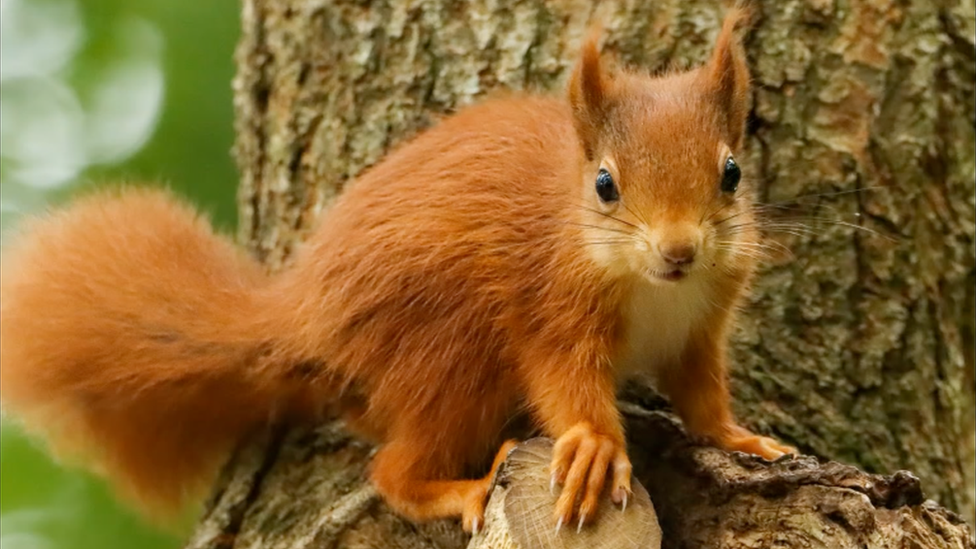
- Published5 December 2022
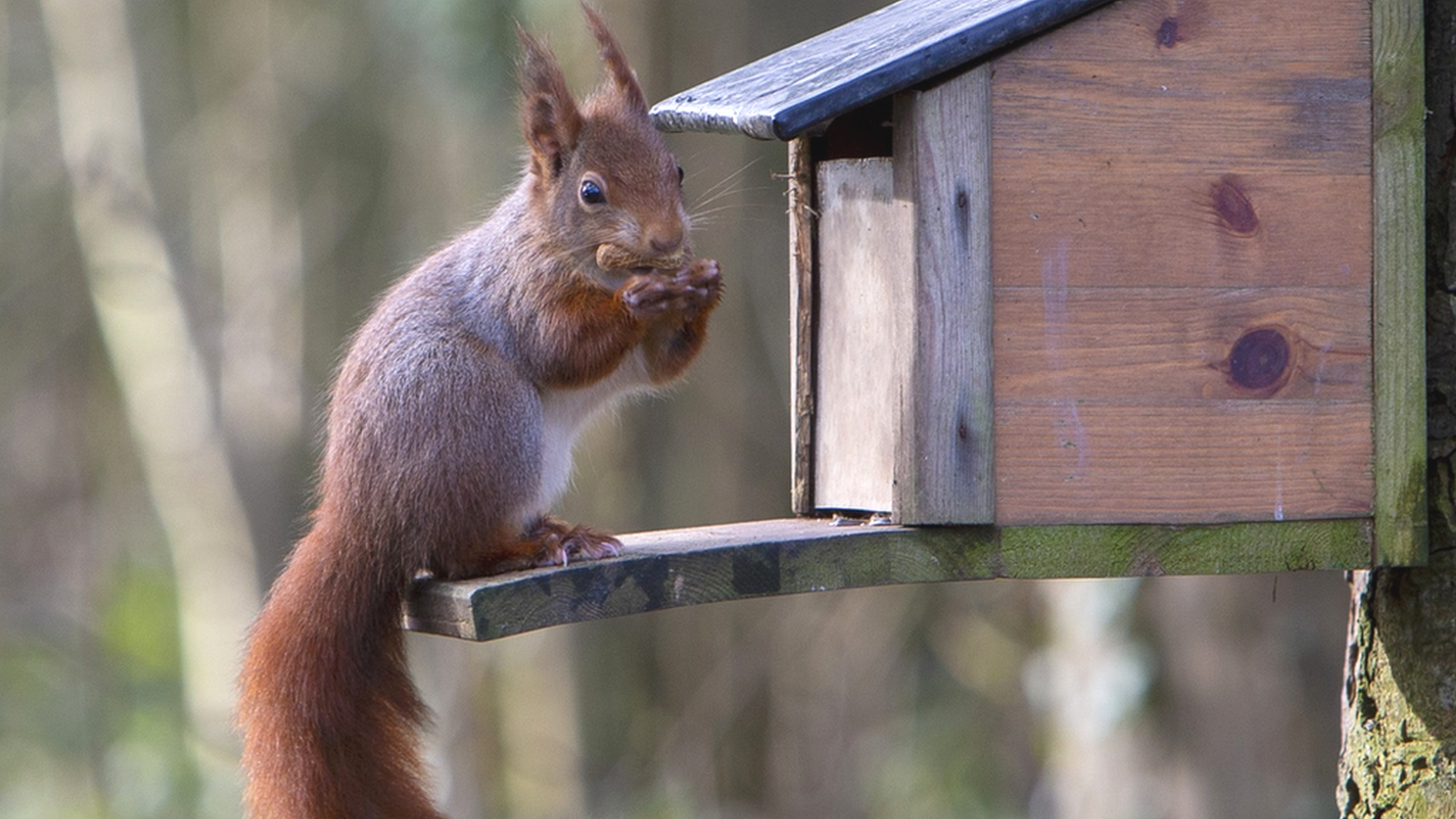
- Published8 September 2020
